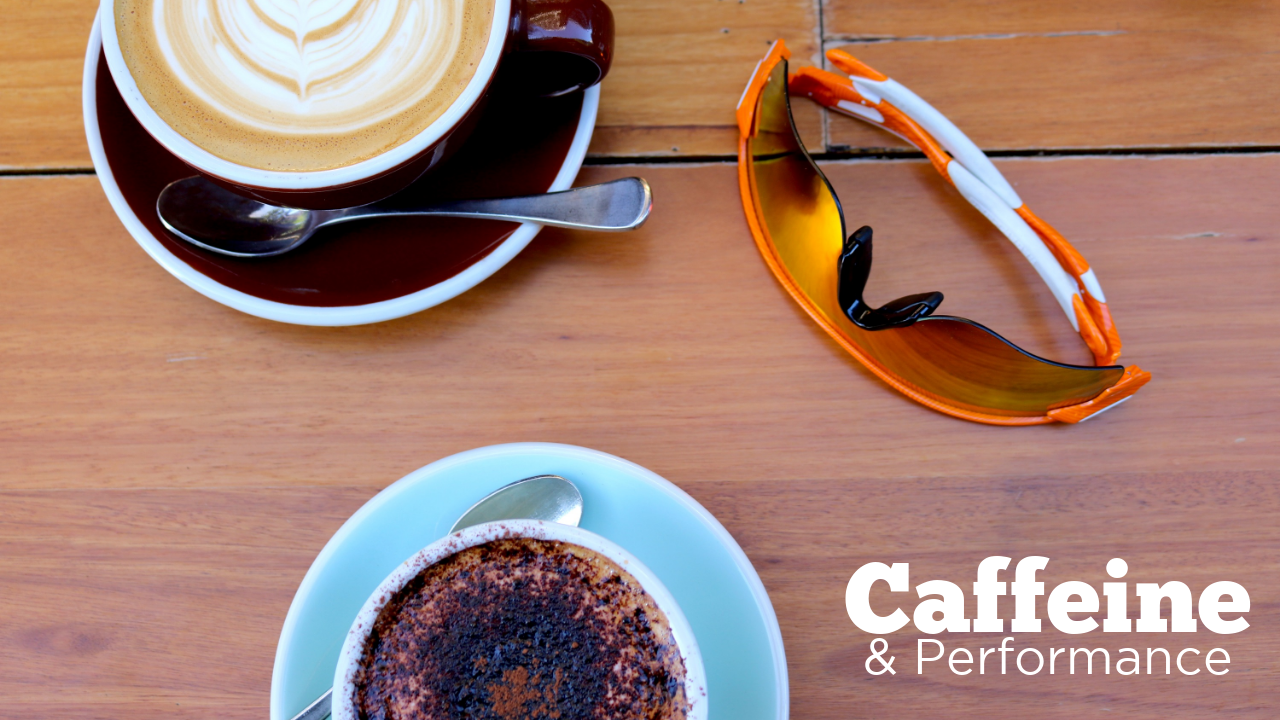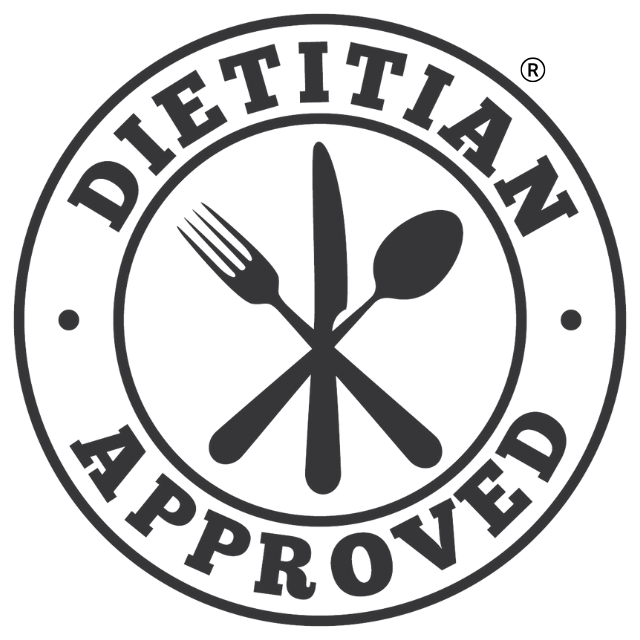
Caffeine and Sports Performance
Jun 25, 2015
Caffeine is a widely used, socially acceptable stimulant.
It is found naturally in the leaves, beans and fruits of a variety of plants. The most common dietary sources of caffeine include tea, coffee, cola, energy drinks, chocolate and supplemented sports foods like gels and shots. It is rapidly absorbed and transported to all body tissues and organs where it exhibits a complex range of actions. Effects include the mobilisation of fat from adipose tissue (yes please!) and the muscle cell, changes to muscle contractility, lowering the perceived rate of exertion (how hard you feel you’re working), effects on the heart muscle and stimulation of adrenaline (our fight or flight hormone).
The major benefit of taking caffeine on exercise performance appears to be achieved by central nervous system effects, which can help reduce the perception of effort and fatigue, effectively allowing you to train or race harder and longer.
Who would benefit?
There is a solid body of evidence that supports caffeine use to enhance endurance exercise performance, with studies dating back to the 1970s. Caffeine has a half-life of approximately 6-7 hours, with peak blood concentrations occurring around 45-60 minutes. Individuals respond differently, some feel energised, focused and ready to perform; others don’t feel or notice any perceptual changes; and, some are affected negatively suffering from nervousness, gut upset, anxiety, irritability, headaches, heart palpitations and an inability to focus. Given the varied response, it’s important to trial caffeine in training before any thought of introducing it into a race.
How much and when?
Previous recommendations for caffeine use during exercise were around 6mg/kg body mass (420mg for a 70kg athlete), consumed 60min prior to the start of the exercise. More recent evidence suggests doses as low as 1-3mg/kg body weight (70-210mg for a 70kg athlete) are enough to enhance endurance performance.
Caffeine taken before exercise spread throughout the event or taken late in the race when fatigue starts to set (i.e. an IM) appear to assist exercise performance. Furthermore, caffeine withdrawal for a few days doesn’t appear to enhance the beneficial effects of caffeine use during exercise for habitual users.
If you currently use caffeine or are intending to use it, start with a low dose (1mg/kg) in training and build up to develop your own protocol that enhances performance using the lowest effective dose for you. Also play around with taking it 30-60minutes before training, partway through an extended session and/or towards the end of a long session to determine the best protocol for your individual needs.
A word of caution
The effects of high doses of caffeine can be negative such as increased heart rate, anxiety, over-arousal and impaired fine motor control. Also, be aware of the side-effects of withdrawal such as headaches and lethargy. The other major factor is that caffeine can interfere with sleep patterns, making it difficult to get to sleep and in turn affecting your body’s ultimate form of recovery. And lastly, it’s not a substitute for quality training and race experience – so caffeine supplementation shouldn’t be considered for younger triathletes.
So what’s the verdict?
Caffeine has a proven performance-enhancing benefit for endurance sports like a triathlon. If you are considering using it as a supplement, try it in training first! Start at a low dose and manipulate the dose and timing to develop your own personalised protocol. An Accredited Sports Dietitian can help you individualise your plan and incorporate other nutritional strategies to maximise your performance for training and competing.
If you are looking for a Sports Dietitian and want to learn more about working with me, click on the image below to see what I offer for private, 1 on 1 consultation.
If you’re looking for a more cost-effective option, start with one of my online courses.
Tags: Adventure racing, caffeine, endurance, ironman, performance, performance nutrition, sports nutrition, triathlon, triathlon 220, Triathlon Nutrition, Brisbane Dietitian, Dietitian Brisbane, Sports Dietitian, Evidence-Based Nutrition, Sports Supplements, Improve Performance
Don't miss a beat!
New moves, motivation, and classes delivered to your inbox.
We hate SPAM. We will never sell your information, for any reason.



